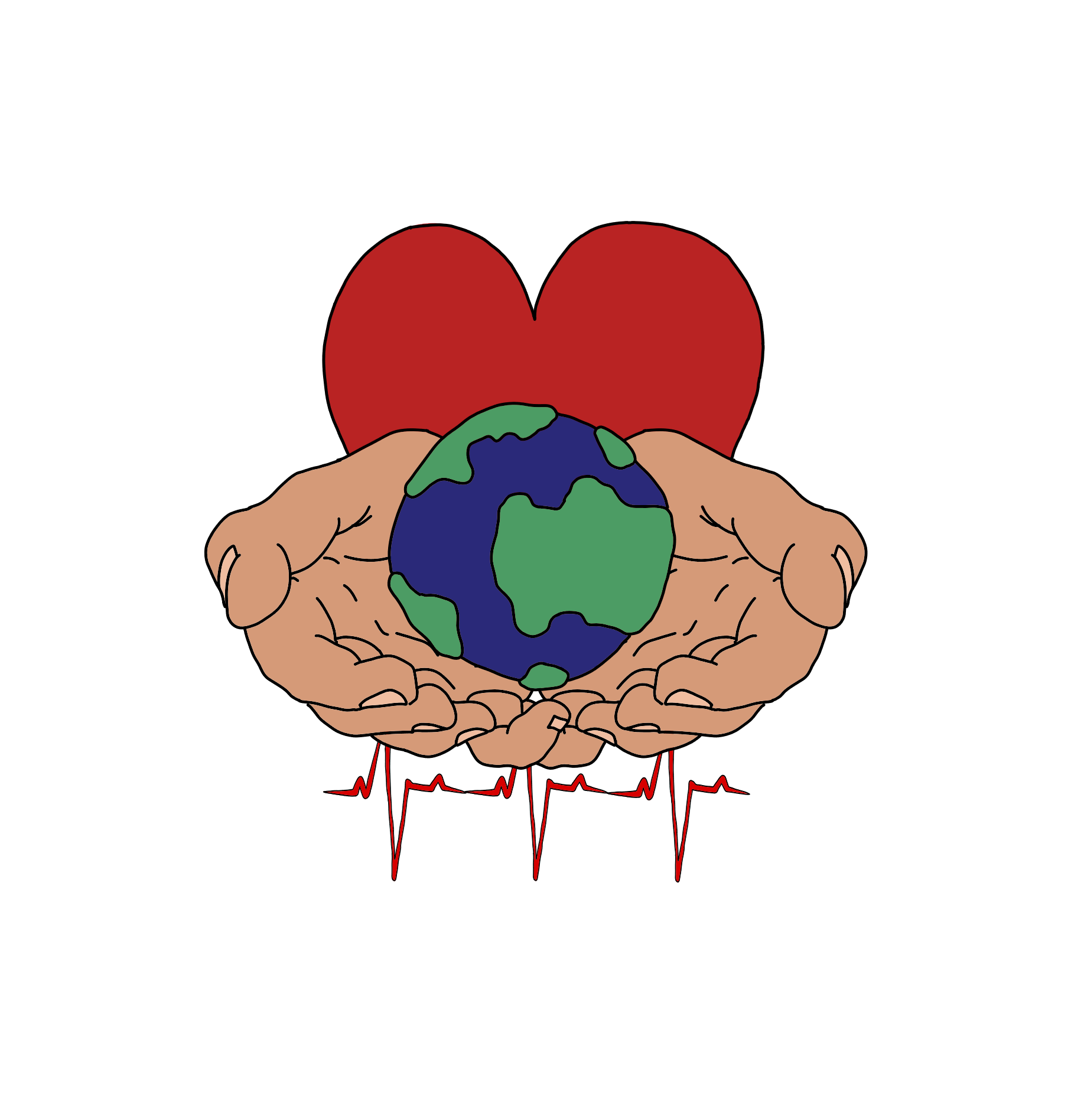
Anasthasia Shilov, Illustrations Editor
Students in the Masters of Public Health program can now participate in the School of Public Health’s new Climate Change and Health Concentration.
The concentration — a product of collaboration between the School of Public Health and the Yale Center for Climate Change and Health — is aimed at educating future healthcare professionals about the need to consider climate change as a growing public health concern. Students who are interested in participating need to apply and — in order to fulfill the requirements of the concentration — they must complete certain courses on the intersection of public health and climate change. This concentration will join others offered by the School of Public Health, such as the Global Health and Public Health Modeling concentrations.
“Our environments affect everything in our lives, from the type of work we do, to the way we travel, to what we eat … the list goes on,” Kendall Billig SPH ’22, a MPH candidate studying the epidemiology of microbial diseases and likely applicant to the program, wrote in an email to the News. “And it’s important to note that health can be impacted both negatively and positively by the environment.”
The development of this new concentration has been in the works since 2014, according to department chair and professor of epidemiology Albert Ko, who serves on the executive committee of the CCCH. He said that during the creation process, members of the CCCH and YSPH leadership recruited faculty members, built up the curriculum and established links between different faculty and departments to develop the interdisciplinary nature of the program.
According to an annual report from the CCCH released last year, the center hopes the concentration will reach a broad audience, as academic programs like this one are open to all YSPH students regardless of department.
John Balbus, a member of the CCCH advisory board and director of the NIEHS-WHO Collaborating Centre for Environmental Health Sciences, explained the contemporary relevance of the new concentration.
“Climate change and health touches on a myriad of related critical societal issues, from equity and systemic racism to zero-carbon energy sources to future landscape and urban design,” Balbus wrote in an email to the News. “The climate crisis provides additional justification for Universities to address these critical issues of sustainability and health in an academically holistic manner.”
Billig described how as the climate changes for the worse, there needs to be an increased number of professionals equipped to handle public health issues under the scope of climate change.
She mentioned the California wildfires as a prime example of the intersection between global warming and public health. She said that the fires pose a greater threat for incarcerated individuals, as well as those with disabilities and members of low-income communities, as it is harder for them to evacuate quickly.
“This means a higher likelihood of exposure to smoke, a higher likelihood of becoming trapped in circumstances where they can’t safely access food, medication, etc. not to mention the immediate danger of the fires themselves,” Billig wrote.
Mary Chen ’22 is a student associate at CCCH and is in Yale’s Energy Studies certificate program. She is interested in exploring climate change and public health with regards to low income communities of color.
“I applied [to the center] because I wanted to find interdisciplinary solutions to climate change,” Chen, who is also public editor at the News, wrote in an email. “The program is incredibly diverse, both in experiences and majors. I wanted to grow intellectually … and offer my own experiences.”
The Yale School of Public Health was founded in 1915.
Kerui Yang | kerui.yang@yale.edu
Aparajita Kaphle | aparajita.kaphle@yale.edu







